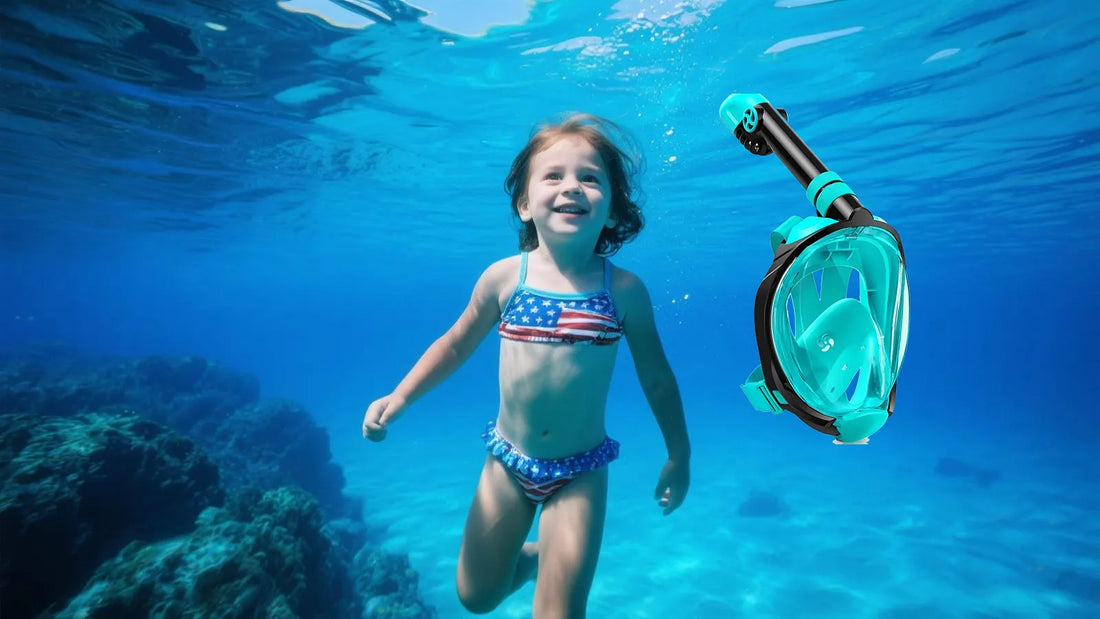Scuba diving is an exhilarating activity that allows humans to explore the underwater world like never before. It combines adventure, science, and skill to create an unforgettable experience. But how does scuba diving work? This article dives deep into the mechanics, equipment, and techniques that make underwater exploration possible.
The Basics of Scuba Diving
Scuba diving relies on specialized equipment and techniques to enable humans to breathe and move underwater. The term 'scuba' stands for Self-Contained Underwater Breathing Apparatus, which is the foundation of this activity. By using a scuba system, divers can stay submerged for extended periods, exploring marine life, coral reefs, and underwater landscapes.
The Science of Breathing Underwater
One of the most critical aspects of scuba diving is understanding how breathing works underwater. Humans cannot naturally breathe in water, so scuba equipment provides a controlled supply of air. The regulator, a key component of the scuba system, reduces the high-pressure air from the tank to a breathable level. This allows divers to inhale and exhale comfortably while submerged.
Essential Scuba Diving Equipment
Scuba diving requires a variety of equipment to ensure safety and functionality. The primary components include:
- Scuba Tank: Holds compressed air or other breathing gases.
- Regulator: Delivers air from the tank to the diver.
- Buoyancy Control Device (BCD): Helps divers maintain neutral buoyancy.
- Mask and Fins: Enhance visibility and mobility underwater.
- Wetsuit or Drysuit: Protects against cold water temperatures.
The Role of Pressure in Scuba Diving
Pressure plays a significant role in scuba diving. As divers descend, water pressure increases, compressing the air in their lungs and equipment. This requires careful management to avoid conditions like decompression sickness, also known as 'the bends.' Divers must ascend slowly and follow safety protocols to ensure their bodies adjust to pressure changes.
Buoyancy Control: The Key to Underwater Movement
Buoyancy control is essential for efficient and safe diving. By adjusting the air in their BCD, divers can achieve neutral buoyancy, allowing them to hover effortlessly in the water. This skill is crucial for conserving energy, avoiding obstacles, and protecting marine ecosystems.
Safety Measures in Scuba Diving
Safety is paramount in scuba diving. Divers must undergo proper training to learn techniques, emergency procedures, and equipment handling. Certification courses cover topics like underwater communication, navigation, and first aid. Additionally, divers should always plan their dives, monitor their air supply, and dive within their limits.
The Environmental Impact of Scuba Diving
Scuba diving offers a unique opportunity to connect with nature, but it also comes with environmental responsibilities. Divers must follow sustainable practices, such as avoiding contact with marine life, not disturbing coral reefs, and minimizing their carbon footprint. By being mindful of their impact, divers can help preserve underwater ecosystems for future generations.
The Future of Scuba Diving
Advancements in technology and training continue to shape the future of scuba diving. Innovations in equipment design, breathing gases, and underwater communication are making diving safer and more accessible. As interest in marine conservation grows, scuba diving is also becoming a platform for environmental education and advocacy.
Scuba diving is more than just a recreational activity; it's a gateway to a hidden world filled with wonder and discovery. By understanding how scuba diving works, you can appreciate the science and skill behind this incredible adventure. Whether you're a seasoned diver or a curious beginner, the underwater world awaits—ready to inspire and amaze.

